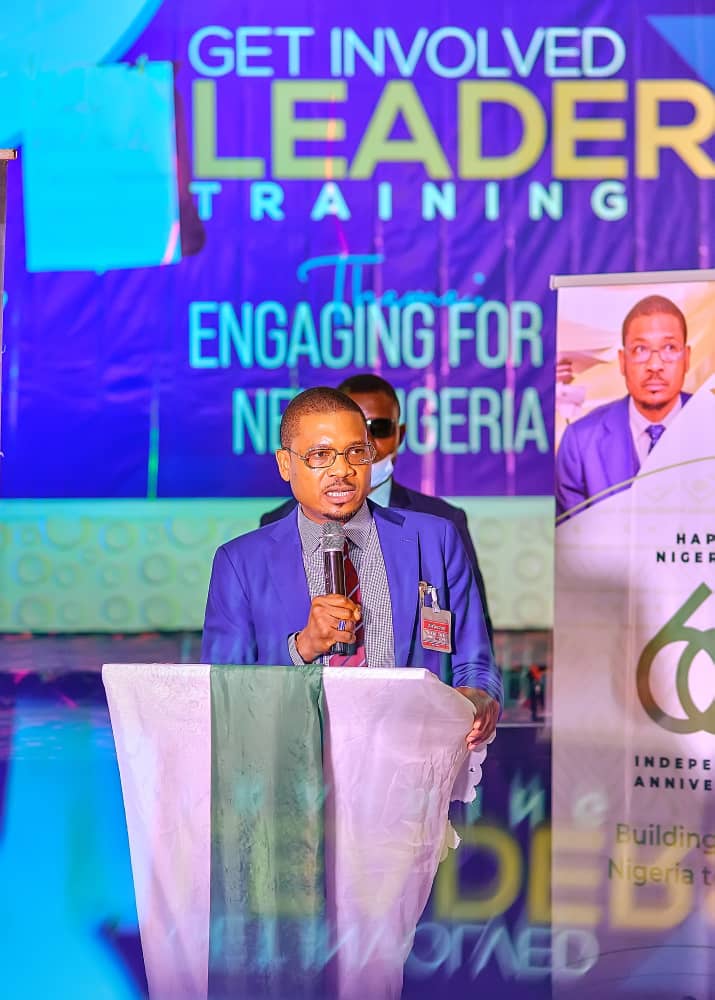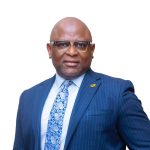...To get all news updates, Join our WhatsApp Group (Click Here)
Also Join our WhatsApp Channel (Click Here)
This line from the Nigerian national anthem is a paradox in itself, especially when one takes a look at present-day Nigeria and realises that the labour of the dead heroes who fought for the nation’s independence seems to be wasted. It has been sixty-one years since Nigeria gained her independence from Britain. For the past sixty-one years, Nigerians have had to deal with the same regurgitated set of leaders. In fact, if Nnamdi Azikiwe and co. were to come back from the dead and take a field trip to Nigeria, they’d be shocked to find the same set of people, who were in power during the 80s, still ruling Nigeria.
As Nigerians, it is clear that we have a leadership problem. The old men who ruled when our fathers were half-naked, innocent children are still in power today. This brings us to the big question: why? Why are youths not holding the reins of power? To any foreigner observing from outside Nigeria, two answers may seem correct. One, the nation is practicing gerontocracy. Two, the youths are too incompetent to handle power. However, as Nigerians living in Nigeria, we all know that these answers are incorrect. The problem with Nigeria is that the country is run by a set of people whose hands are stuck to the reins of power. Young Nigerians are rarely given positions of power and in cases where youths are elected into power, they only end up being puppets to the ruling class.
So far, Nigerian youths have proven their mettle and resilience in handling leadership positions, from creating startup companies to organizing groundbreaking revolutions. However, just one thing stands in their way: lack of opportunities. For young Nigerians living in today’s world, finding the right opportunity is almost as difficult as finding a unicorn. To make matters worse, there is an uneasy wave of political apathy among the younger generation. Most youths who have the leadership skills required to turn this nation around are simply not interested as a result of the discouraging state of the political and socio-economic systems.
Fortunately, this problem seems to be coming to an end, thanks to one man, Hon. Shina Abiola Peller, the senator representing Iseyin/Itesiwaju/Kajola and Iwajowa constituency in the Federal House of Representatives. In January 2020, Hon. Shina Peller alongside a few young Nigerians birthed the idea of Lead Generation Initiative (LGI), a youth-driven organization committed to creating opportunities for young people to achieve their dreams and channel their creativity towards developing the nation.
Under the leadership of the young senator, LGI has successfully carved a niche for itself as a frontline organization promoting youth participation and empowerment. In 2020, it partnered with YIAGA Africa to create the Get Involved Leadership Training (GILT), a program aimed at training youths on core leadership skills such as: strategic communication, active citizenship and nation-building. The program kicked off in Ibadan, Oyo state with up to 68 participants drawn from the 33 local governments of the state.
So far, GILT’s tentacles have extended to three other states: Osun, Gombe and Bauchi, with a total of 1300 trained participants. Today, thousands of Nigerians from all 36 states of the Federation have registered with the Lead Generation Initiative.
However, despite the unfolding success of the organization, Hon. Shina Peller is definitely not backing down on his initiative to ensure that young Nigerians are duly empowered with the necessary leadership skills. As such, under his leadership, the Lead Generation Initiative is set to hold a groundbreaking leadership symposium on January 21st 2021 at Transcorp Hilton, Abuja. The symposium tagged: “The future of leadership” will feature prominent personalities such as the Vice-President of the Federal Republic of Nigeria, Prof Yemi Osibanjo, Kate Henshaw and many others as speakers.
In furtherance of Mr Peller’s dedication to driving more young Nigerians into positions of power, the key topic for the symposium is: “Why the Leaders of Tomorrow must Start Leading Today”. Panelists who will be speaking on the topic are: Ayodeji Ibrahim Balogun (Wizkid), Hon. Akin Alabi, Japhet Omojuwa, Samson Itodo, Sound Sultan and many more.
To prove that Hon. Shina Peller and the LGI stand firm on leading by example, the symposium would be 80% virtual with only 25 people in physical attendance, in compliance with COVID-19 protocols and guidelines.
The Lead Generation Intiative’s leadership symposium and its cause is important to us, especially the Nigerian youths, because it signifies a turning point where young Nigerians are given the opportunity to take charge of relevant political and economic issues and channel their skills towards making Nigeria a better place for themselves and the generation to come.
Every Nigerian youth grew up with the assurance that they were the leaders of tomorrow. Well, ‘tomorrow’ is here and Hon. Shina Peller’s Lead Generation Initiative is taking giant strides to ensure that Nigerian youths can become the leaders they were meant to be.
You can get every of our news as soon as they drop on WhatsApp ...To get all news updates, Join our WhatsApp Group (Click Here)
Also Join our WhatsApp Channel (Click Here)

















